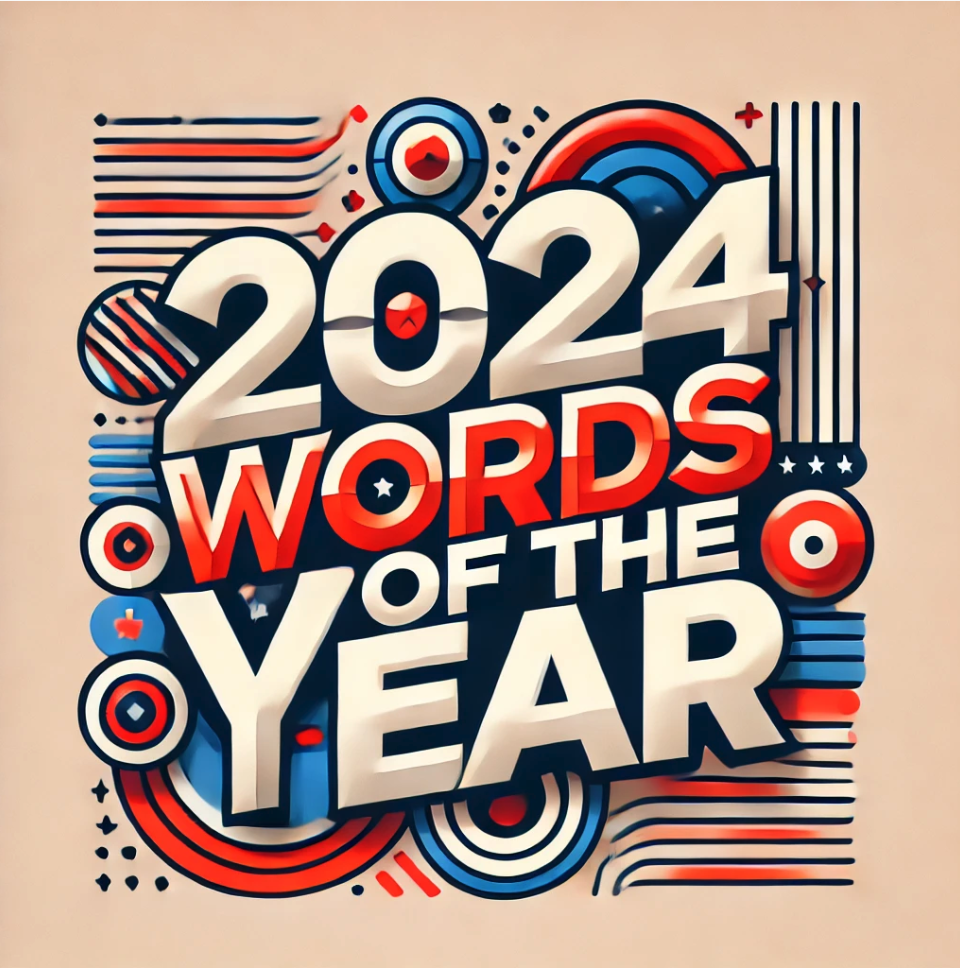The Word of the Year is more than just a trending term—it’s a snapshot of society’s shifting language and cultural priorities. Each major dictionary has its own approach to selecting this annual linguistic emblem, offering a unique lens into what shaped the collective consciousness that year.
Oxford English Dictionary: "Brain Rot"
For 2024, the Oxford English Dictionary crowned "brain rot" as its Word of the Year, reflecting growing anxieties about the impact of digital media on mental health and cognitive well-being. The Oxford team’s selection process is data-driven, analyzing language trends in media, literature, and everyday conversations. They focus on words that encapsulate significant cultural shifts or emerging societal issues. Public participation is often a crucial component of the process, with thousands voting on shortlisted terms.
Cambridge Dictionary: "Manifest"
The Cambridge Dictionary chose "manifest," a word traditionally meaning "obvious" or "to show clearly." Its modern evolution—to represent the practice of visualizing goals to make them achievable—has surged in popularity. Cambridge’s selection hinges on global search patterns, as millions of users look up words in response to cultural moments, viral trends, and global events. "Manifest" reflects both individual aspiration and the growing influence of social media in shaping modern expressions.
Dictionary.com: "Demure"
Dictionary.com’s 2024 pick, "demure," rose to prominence thanks to a viral TikTok video by influencer Jools Lebron, who emphasized the value of modesty in professional settings. Their selection criteria combine data on word lookups with cultural relevance, prioritizing terms that have spiked in interest due to societal conversations or viral content. This year’s choice highlights how social media continues to drive language innovation and popular discourse.
Collins Dictionary: "Brat"
Collins Dictionary selected "brat," a term previously seen as derogatory, which has been redefined to symbolize confidence, independence, and indulgence. This transformation was popularized by Charli XCX’s album Brat, which resonated worldwide and gave the term new cultural weight. Collins identifies their Word of the Year through analysis of word usage in media and their proprietary language corpus, spotlighting terms with growing popularity or shifting meanings.
Linguistic Time Capsules
Past Words of the Year have captured everything from technological breakthroughs to social movements and global crises. These choices act as linguistic time capsules, reflecting our collective experiences and the evolution of societal values.
Through these selections, dictionaries not only document how we communicate but also help shape the conversation about what matters most in our rapidly changing world.





